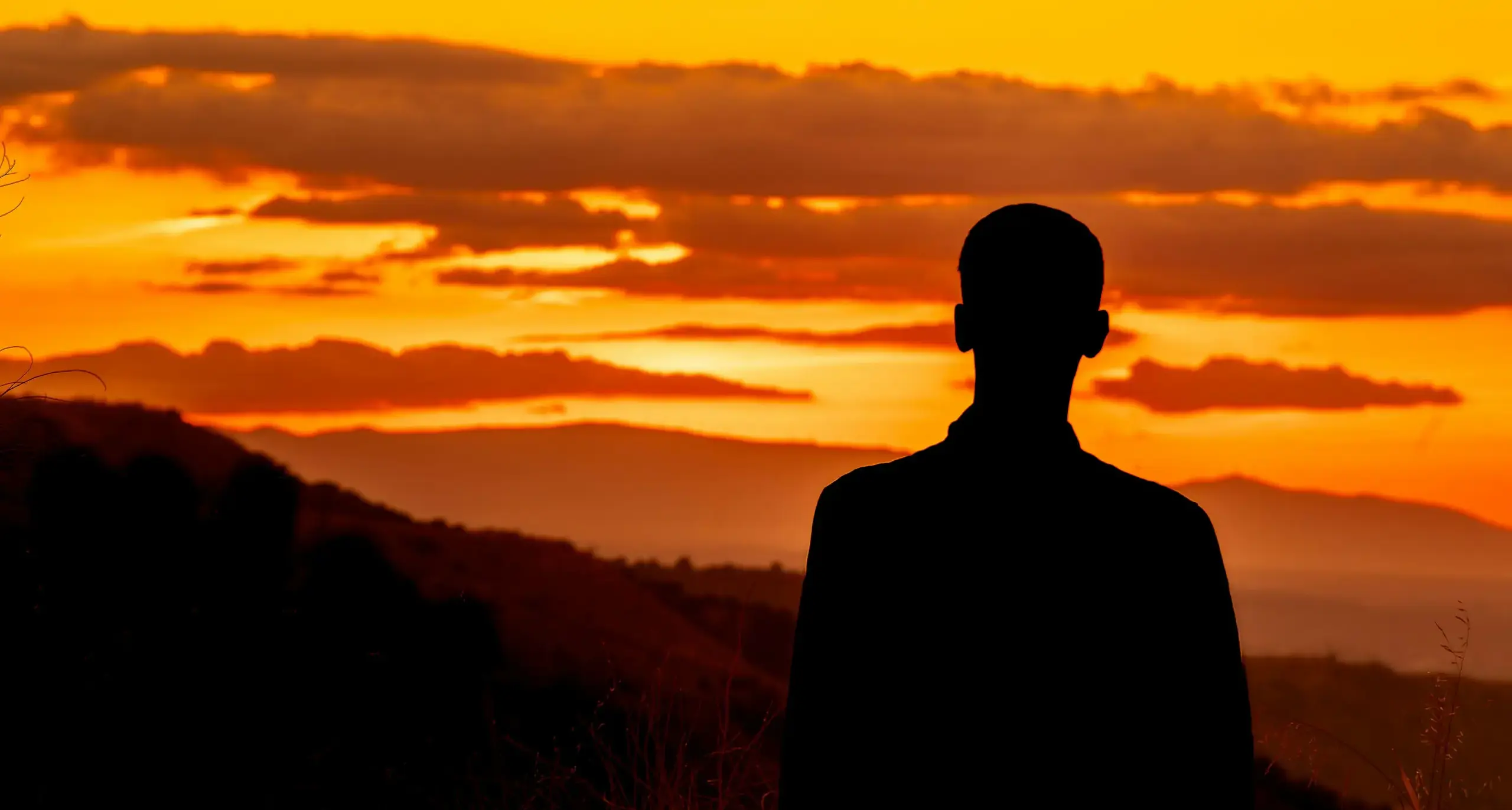This time last week we gathered in the Sports Hall for our Service of Remembrance. The venue hosts all sorts of occasions from assemblies to House competitions and talent shows. This occasion is the most formal and solemn one we share as a school. I took the opportunity to consider the act of remembering, the 'why' of it and the relevance for the present as well as exploring our theme for this year.
When we remember we make present, we transcend time and space and make the subject of our remembrance immediate even though they are not in front of us. We do this with those we leave at home while on holiday, we remember family and friends birthdays, the number of remembrances we entertain in the course of any day are many, but most fundamentally, we remember those we have lost. In that act of remembering we unite with our loved ones and through our shared humanity with one of the most fundamental realities that flesh is heir to; that of loss.
But why is it significant to remember? With no connection to individuals and no connection with historic conflict why should we remember?
I think the answer here is tied to our common humanity. In preparation for our Remembrance Service, we have encouraged the children to review their family history and to make that personal contact with the past. As a school the past two years have seen us remember John Henry Roberts, a soldier of the first war. Our shared remembrance brought his story to life and that of his wife and only child. We get close to their experience, joy and sorrow. The understanding of loss, the pain of sacrifice brings us together as humans into one family, it transcends differences of background, colour or creed. But our remembrance service had an additional dimension. If we recall those who have endured conflict, suffered loss surely there is an obligation on us? A debt to repay? Where they have made the ultimate sacrifice for those they did not know, those who gave their today for our tomorrow our act of remembering is also a call to action. A call to make the world a better place, to have the courage of our convictions. If the loss of life in conflict was to bring about greater freedom, it begs the question 'freedom for what?' The legacy of loss invites us to ask ourselves this poignant and pertinent question, what do I do with the freedom I enjoy? Not to challenge ourselves with this responsibility reduces remembrance to a momentary metaphysic and nothing more.
If then our remembrances are to be more than a momentary metaphysic and we are to embrace our freedom with courage, the theme of our service, what is this courage we speak of? We might dwell on the nature of courage for some considerable time the better to develop our understanding. Perhaps easy to say initially what it is not: it is not acting while ignorant of danger, that would be blind action or recklessness. Courage is, I think, that action of sacrificing your fear at the altar of significance, putting personal considerations to one side in favour of a higher call. It is fearing the action and acting anyway, why? Because it is the right thing to do. Acting iniquitously although in fear is villainy, courage exercises itself as a virtue and is always in pursuit of a cause beyond the actor. But what does this mean to us in real terms? How do we live courageously on a wet Wednesday afternoon? On a freezing Friday when we are tired and keen to get indoors? Is courage the sort of porcelain that we speak of in hushed tones and look at from a distance as something not available to us? The stuff of Homeric legend and the Attic antique? I think not.
The courage I draw on is a more robust entity, no less noble in intent but immediately accessible by our daring to be as great as we can become. In the service I turned everyone’s attention to Roosevelt’s 'Man in the Arena' speech from his address to the Sorbonne in 1910:
“It is not the critic who counts; not the man who points out how the strong man stumbles, or where the doer of deeds could have done them better. The credit belongs to the man who is actually in the arena, whose face is marred by dust and sweat and blood; who strives valiantly; who errs, who comes short again and again, because there is no effort without error and shortcoming; but who does actually strive to do the deeds; who knows great enthusiasms, the great devotions; who spends himself in a worthy cause; who at the best knows in the end the triumph of high achievement, and who at the worst, if he fails, at least fails while daring greatly, so that his place shall never be with those cold and timid souls who neither know victory nor defeat.”
The obligation we remember draws on the courage expressed here in daring greatness and in picking ourselves up from failure and going again, undaunted by the carping of the neigh sayers and the spectators who have not picked up the gauntlet of living an authentic life. The courage to be authentic, to be our best, the courage to challenge the world and to disregard the critic and the crowd in pursuit of ideals, this is the courage we addressed at our service; it is the debt we owe the heroes of the past and it is the reason we will remember them.
MORE BLOGS —
Parent wants
Been a busy few weeks – though when isn’t it? I have spent quite a bit of time speaking with Prep School Heads.
Bridges
In January 1942, in a small suburb just outside Berlin, a group of engineers, scientists and logicians gathered to map out a strategy that would change the face of Europe.




